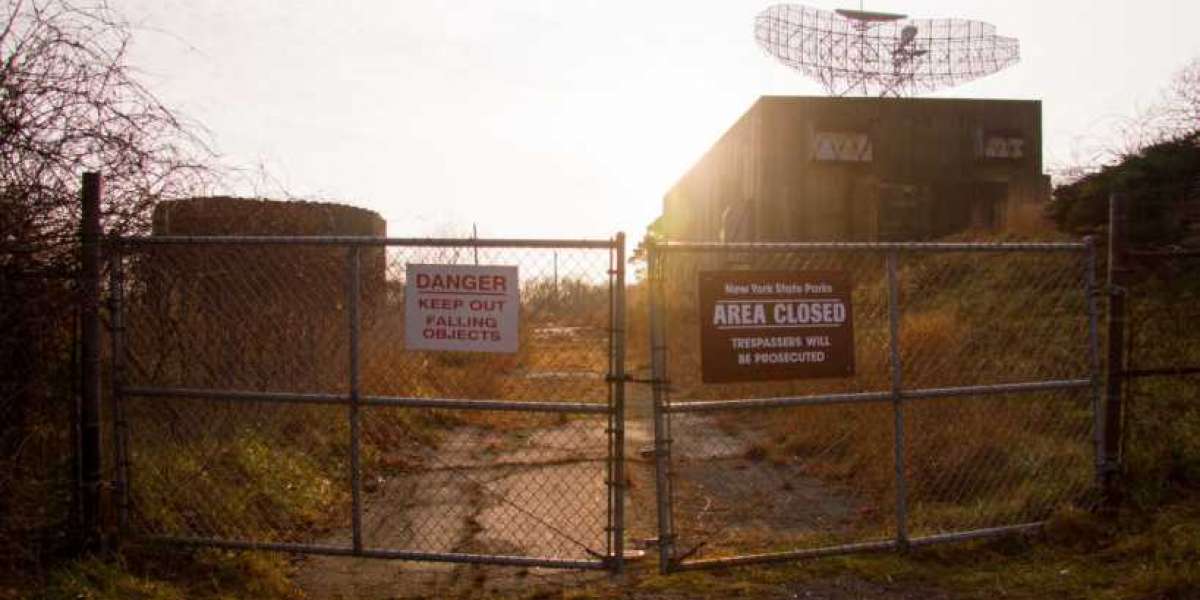Flooding can be a major concern for homeowners, especially in areas prone to heavy rains or plumbing issues. Being prepared can make a huge difference in minimizing damage and ensuring your home remains safe and dry. In this guide, we’ll walk you through essential steps to prepare your home for flooding in St. Charles, focusing on practical tips and strategies to protect your property.
Understanding the Risk of Flooding
Before diving into preparation, it's crucial to understand the risk factors associated with flooding in St. Charles. Local weather patterns, proximity to bodies of water, and plumbing conditions all play a role. Knowing your risk level helps tailor your preparation efforts.
1. Assess and Upgrade Your Plumbing System
Evaluate Your Plumbing
A significant amount of water damage comes from plumbing issues. Inspect your pipes, faucets, and fixtures for leaks or signs of wear. Addressing these problems before a flood can prevent exacerbating the situation.
Consider Professional Inspections
Hiring a plumber to conduct a thorough inspection can identify hidden issues. They can check for vulnerabilities in your plumbing system that could fail during a flood.
Upgrade Your Plumbing
If your home is older, consider upgrading your plumbing system. Modern pipes and fixtures are more resistant to pressure and leaks, reducing the likelihood of issues during a flood.
2. Seal and Protect Your Home
Seal Windows and Doors
Water can easily seep through unsealed windows and doors. Use weather stripping and caulking to seal gaps. For added protection, consider installing flood barriers or shields.
Elevate Electrical Systems
Electrical systems should be elevated above potential flood levels. Install electrical outlets, switches, and appliances at a higher elevation to prevent water damage and reduce the risk of electrical hazards.
Check Your Sump Pump
A sump pump helps remove excess water from your basement. Ensure it's in good working condition by testing it regularly and considering a backup power source in case of outages.
3. Prepare for Immediate Action
Create an Emergency Kit
Prepare an emergency kit with essential items such as a flashlight, batteries, first-aid supplies, and important documents. Store it in a waterproof container for easy access during a flood.
Develop an Evacuation Plan
Have a clear plan for evacuating your home if necessary. Identify safe routes and shelters, and ensure all family members are familiar with the plan.
Protect Valuables
Move valuable items and important documents to higher locations or use waterproof storage containers. This will help protect them from potential water damage.
4. Maintain Your Property
Regular Maintenance
Regularly clean gutters and downspouts to ensure proper drainage. Clogged gutters can lead to water backup, increasing the risk of flooding.
Landscaping
Maintain your yard to promote proper drainage. Avoid planting trees close to your home that could damage your foundation with their roots. Ensure that the ground slopes away from your house to direct water flow away from the foundation.
Check for Vulnerabilities
Regularly inspect your home for potential vulnerabilities, such as cracks in the foundation or gaps around doors and windows. Address these issues promptly to prevent water from entering your home.
5. Know When to Call for Professional Help
Flood Recovery Restoration Service
In case of significant flooding, you may need professional assistance. St Charles Flood Recovery Restoration Service providers can help with water extraction, drying, and repairing damage. Their expertise can be invaluable in restoring your home to its pre-flood condition.
Insurance
Ensure your homeowner’s insurance policy covers flood damage. If not, consider adding flood insurance to protect your property. A professional can also assist with insurance claims and repairs.
Conclusion
Preparing your home for flooding in St. Charles involves a combination of assessing your plumbing, sealing and protecting your home, preparing for immediate action, maintaining your property, and knowing when to seek professional help. By taking these steps, you can significantly reduce the risk of flood damage and ensure your home remains safe and secure.
Have you experienced flooding or near-flooding in your home? Share your experiences and tips in the comments below! If you have any questions or need assistance with flood preparation or recovery, don’t hesitate to contact us or subscribe for more tips and updates.











